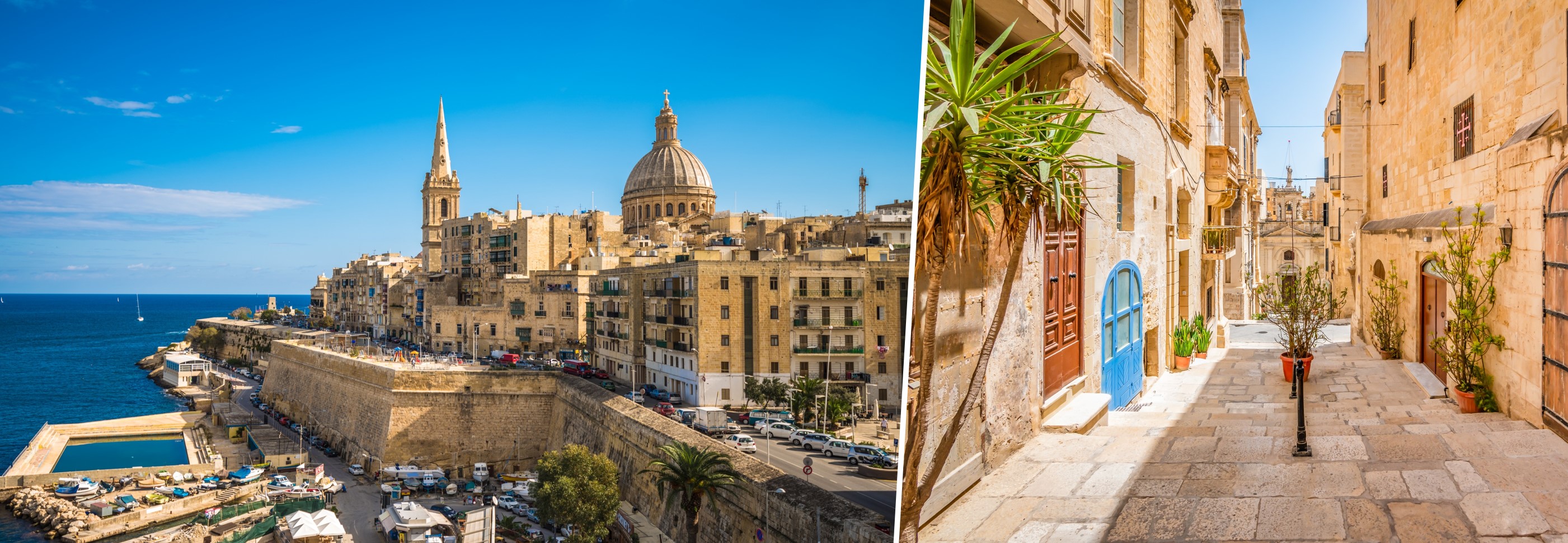SPECIAL SESSION #3
Toxicity and Ecological Risks of Contaminants in the Marine Environment
ORGANIZED BY
Ermelinda Prato
National Research Council, Water Research Institute (IRSA-CNR), Taranto, Italy
Francesca Biandolino
National Research Council, Water Research Institute (IRSA-CNR), Taranto, Italy
Isabella Parlapiano
National Research Council, Water Research Institute (IRSA-CNR), Taranto, Italy
Asia Grattagliano
Department of Chemical Sciences and Technologies, University of Rome “Tor Vergata”, Roma, Italy
ABSTRACT
Aquatic environment are the final destination for most of anthropogenic contaminants released from industry, agriculture, urbanization, transport, tourism and everyday life.
Numerous pollutants, after their entrance into the marine environment, have the potential to travel for long distances and periods of time that are dependent on their persistence, bioavailability, mobility, and distribution into the different compartments of marine ecosystems (water column, sediment, and biota).
There is an intense interest focusing on understanding the exposure and effects of environmental contamination on non-target aquatic organisms of different trophic levels. Numerous studies in the field of ecotoxicology have revealed the direct and indirect effects of anthropogenic toxicants on marine biota either on molecular, cellular, organismal, population, community, and ecosystem levels.
Therefore the implementation of ecotoxicological data into environmental management a better understanding of the effects of contaminants on marine ecosystems is required to better inform and support environmental managers, helping them to make decisions and develop sustainable policy.
MAIN TOPICS
Topics covered in this special session will consider
- Ecotoxicology in the analysis of ecological risk
- Advances in characterization and understanding of action mode of the environmental Contaminants of Emerging Concern (CECs)
- Behavior of contaminants such as industrial products and wastes as well as nanomaterials, pesticides, pharmaceuticals, personal and house care products, plastics, food additives, etc.
- Ecotoxicity after long-term exposure with special attention to multigenerational effects
- Individuation of input sources of contaminants
- Biomonitoring of contaminats, ecological risks and bioremediation
- Development of new methodologies for the remediation
- Regulation and policies for contaminants
- New analytical methods to assess environmental samples, allowing the detection and quantification of contaminants
ABOUT THE ORGANIZERS
Ermelinda Prato is researcher at the Water Research Institute of National Research Council (Italy), with experience in marine (eco)toxicology, toxicant effects on populations, factors modifying toxicity, water chemistry, bioaccumulation of organic and inorganic compounds in bioindicators species. Development of ecotoxicological indicators and indices to elaborate heterogeneous data, application of integrated, ecological risk assessment models. Toxicity Evaluation of heavy metals POPs and emerging pollutants on marine organisms, management, monitoring of coastal areas, and the potential transfer of pollutants and risk to human health. Aquaculture and biochemical quality of marine organisms.
Francesca Biandolino has done research work from 2000 in Marine Ecotoxicology by using a battery of marine organisms as bioindicators of environmental and chemical stress. She investigates the acute, sub-chronic and chronic effect of emerging contaminants (nanoparticles, microplastic, pesticides, pharmaceuticals) on lethal and reproductive traits of marine organisms. She investigates the biochemical responses including the alteration of fatty acids and aminoacids composition. These studies are important for the potential transfer of xenobiotics with risk for human health, monitoring and management of coastal areas, activities of dredging, effect on marine biota of increasing water temperature because of global climate change, and sustainable aquaculture.
She participated to different working groups, contributing to development of weighted criteria to elaborate heterogeneous data.
Isabella Parlapiano is a researcher at Water Research Institute – National Research Council (IRSA-CNR), Taranto, Italy.
Her main research field focuses on Environmental risk assessment associated with several classes of toxicants including emerging contaminants (metal nanoparticles, microplastics, pharmaceuticals, pesticides), environmental matrices (sediments, porewater, elutriates), using bivalves, microalgae, crustaceans and echindermes as model organisms. Her ecotoxicological studies involve multiple and multi–level markers that combines endpoints of ecological relevance (e.g. acute, chronic, full life-cycle and transgenerational tests; embryonic development bioassays), including the effects of contaminants on the biochemical composition and quality of marine food.
Asia Grattagliano
Her fields of interests are marine ecotoxicity and electrochemistry.
In particular her studies are focused on:
• Determination and characterization of nutritional values (fatty acids, proteins, vitamins) of fishes or aquaculture products according to the environmental conditions and geographic site;
• Evaluation of the impact of nanomaterials on the marine environment;
• Devlopment of new portable devices for environmental prevention;
• Synthesis of electroactive couple for the development of Redox Flow Batteries (RFB).




























